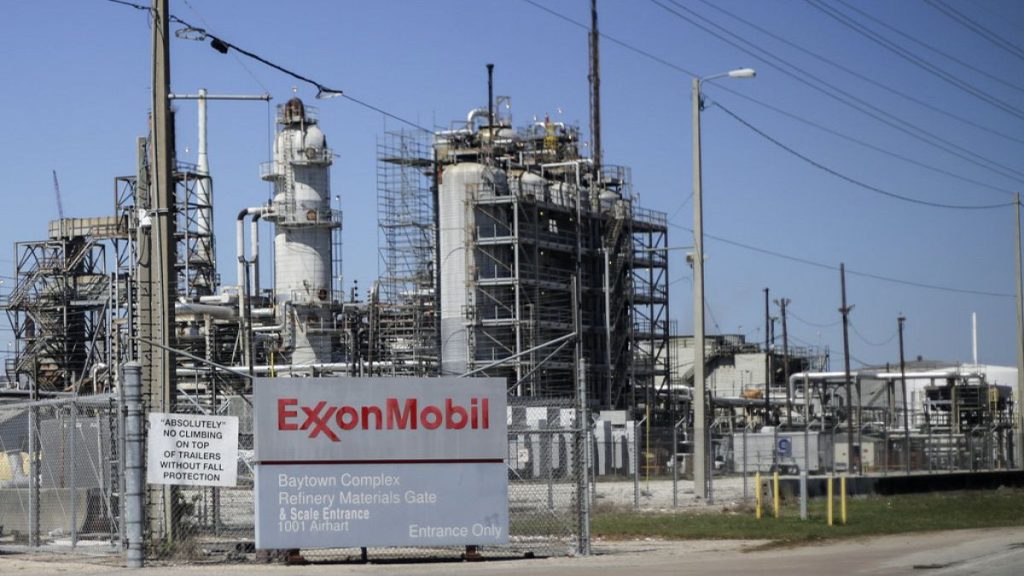Two new reports have highlighted the significant influence that fossil fuel company lobbying has on EU climate policymaking. Transparency International revealed that representatives from the top seven fossil fuel companies, along with a network of over 50 organizations, held more than 1,000 meetings with European officials between 2019 and 2024. Two-thirds of these meetings focused on the Green Deal, the EU’s strategy to achieve its 2050 climate neutrality goal. The ‘Big Seven’, including Shell, Total, Eni, Equinor, ExxonMobil, Chevron, and BP, had a total lobbying budget of close to €64 million, making them among the most well-resourced organizations in Brussels. They pushed for the use of hydrogen and carbon storage and capture systems, which have become controversial but were included in the new commission priorities.
Transparency International also uncovered an overlap between the networks present at the COP28, the 2023 United Nations Climate Change Conference in Dubai, and the fossil fuel lobbyists. This conference had the highest presence of fossil fuel lobbyists in its history. Despite discussions at COP28, there was no decision to completely phase out fossil fuels, indicating a strong influence on global climate policy. The report highlighted a “pipeline of power” extending from the EU level to the global level, showcasing the reach and impact of fossil fuel lobbying on key climate decisions.
Another report from Fossil Free Politics revealed that during Ursula von der Leyen’s commission, there were nearly 900 meetings between commission representatives and fossil fuel lobbyists. The report claimed that the fossil fuel industry successfully weakened, delayed, and blocked necessary climate action. The invasion of Ukraine by Russia further facilitated political access for fossil fuel companies to advise on Europe’s response to the energy crisis. This included the REPowerEU agenda, where fossil fuel companies were given the opportunity to draft a new plan for the EU’s response to the Russian invasion and reduce dependence on Russian gas.
The issue of lobbying and its impact on EU climate policy is gaining attention within the EU. In a letter to the commissioner designate responsible for transparency issues, von der Leyen expressed her desire to strengthen the European Commission’s transparency system. The Commission proposed that all managers be subject to its transparency register, which lists organizations attempting to influence European institutions’ decisions. This move aims to increase transparency in lobbying activities and potentially mitigate the overwhelming influence of fossil fuel companies on EU climate policymaking.
These reports shed light on the extensive lobbying efforts by fossil fuel companies and their impact on EU climate policymaking. The significant number of meetings between industry representatives and European officials reveals a strong presence and influence in shaping key climate strategies, such as the Green Deal. The overlap with networks at international climate conferences further demonstrates the reach of these lobbying efforts on a global scale. As the EU aims to strengthen transparency measures, the hope is to create a more balanced and unbiased decision-making process that prioritizes climate action over the interests of fossil fuel companies.


